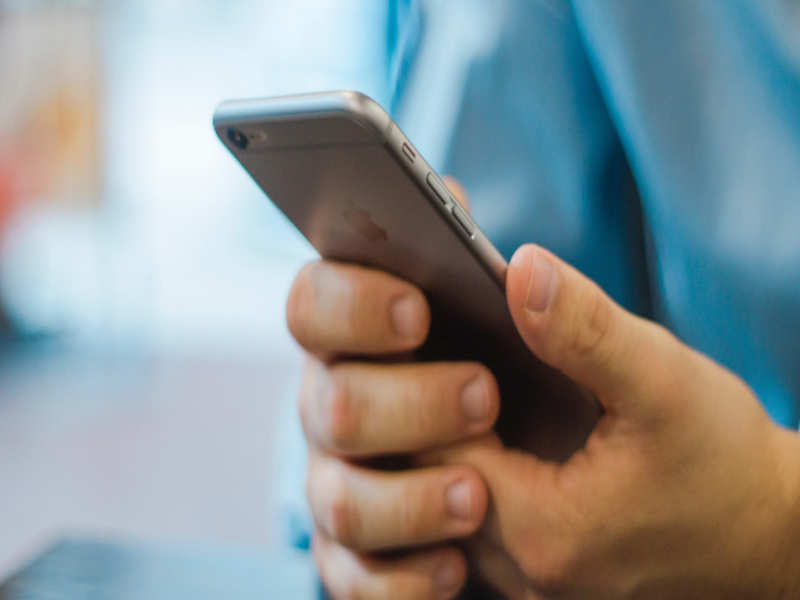Smartphones have revolutionized the way we live, work, and communicate. But for many people, these devices have also become a source of addiction and distraction, causing anxiety, stress, and even depression. If you feel like you’re spending too much time on your phone and want to regain control of your life, here are some practical and easy tips to break free from smartphone addiction.
- Set Boundaries
The first step to reducing your smartphone use is to set clear boundaries. Decide on specific times and places when you won’t use your phone, such as during meals or before bed. You can also turn off notifications or use apps that limit your screen time.
- Find Alternatives
Instead of reaching for your phone whenever you’re bored or anxious, try to find other activities that can engage your mind and body. Take a walk, read a book, or learn a new skill. Finding alternatives to smartphone use can help you break the habit and develop healthier habits.
- Practice Mindfulness
Mindfulness is the practice of being present and aware of your thoughts and feelings in the moment. By practicing mindfulness, you can learn to recognize your triggers for smartphone use and find healthier ways to cope with stress and anxiety. You can try meditation, deep breathing, or journaling as ways to cultivate mindfulness.
- Create a Support Network
Breaking free from smartphone addiction can be challenging, but you don’t have to do it alone. Create a support network of friends, family, or a therapist who can help you stay accountable and motivated. You can also join support groups or online communities that share your goals.
- Prioritize Self-Care
Finally, remember to prioritize self-care in your journey to break free from smartphone addiction. This means taking care of your physical, emotional, and mental health through regular exercise, healthy eating, and restful sleep. By taking care of yourself, you’ll be better equipped to manage stress and resist the temptation of your smartphone.
Breaking free from smartphone addiction is not an easy task, but it is possible with commitment and support. By setting boundaries, finding alternatives, practicing mindfulness, creating a support network, and prioritizing self-care, you can regain control of your life and live more fully in the present moment. So, take the first step today and start your journey to a healthier and more mindful life.
PNN
**This is an AI-generated copy. The claims made in this article have not been independently verified. The website takes no responsibility for the accuracy of the content.
